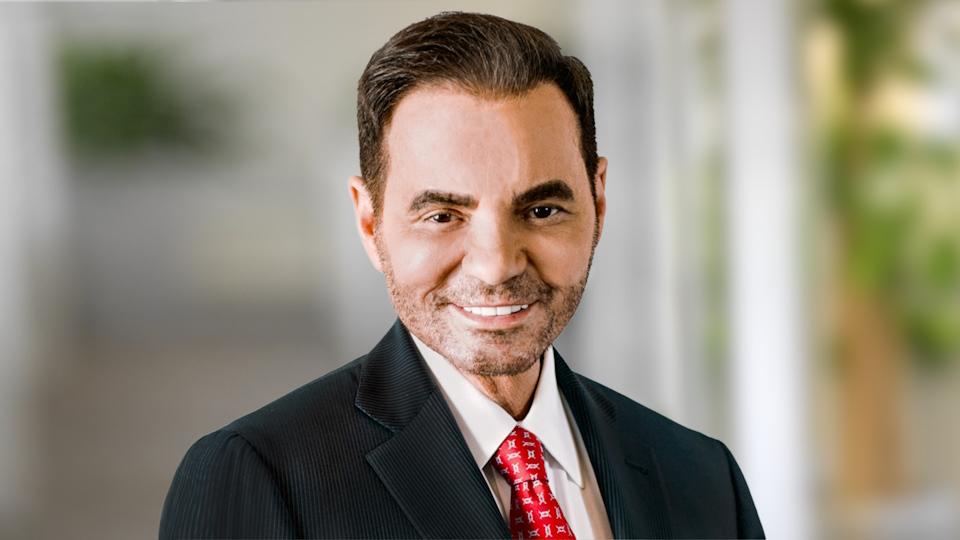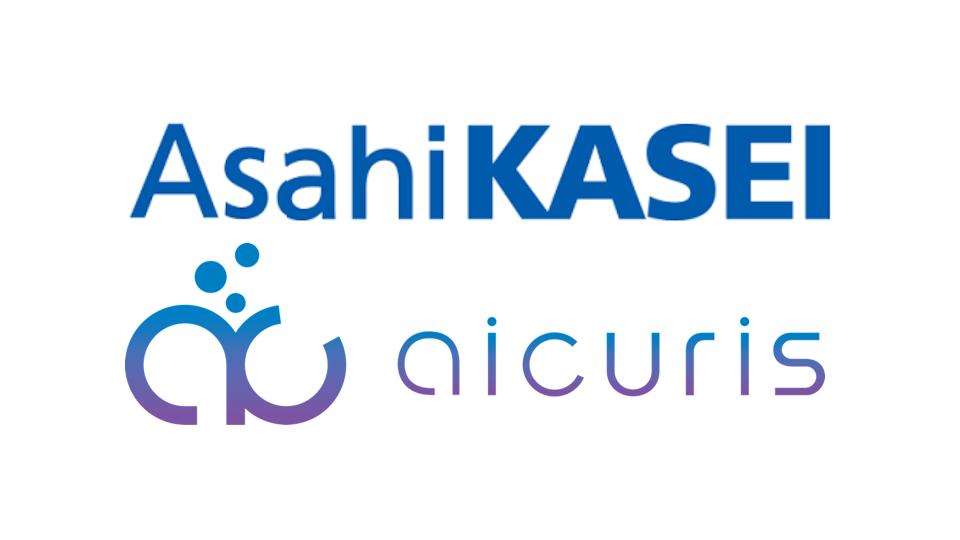AbbVie swoops on Pfizer spin-out Cerevel with $8.7bn offer

AbbVie chief executive Richard Gonzalez
AbbVie has announced its second major takeover deal in the space of a few days, offering $8.7 billion to buy central nervous system drug specialist Cerevel Therapeutics, which spun out of Pfizer in 2018.
The $45-per-share agreement gives AbbVie a pipeline of CNS drugs headed by emraclidine (formerly CVL-231), a drug for schizophrenia with a new mechanism of action that could offer reduced side effects compared to current treatments for the illness.
It comes shortly after AbbVie offered $10.1 billion to buy ImmunoGen and its marketed ovarian cancer drug Elahere (mirvetuximab soravtansine), and a pipeline of other antibody-drug conjugates for various oncology indications.
The two deals are part of a concerted effort to bolster AbbVie’s product portfolio and R&D pipeline and help the company cope with the loss of patent protection for immunology behemoth Humira (adalimumab), which saw sales plunge by a third to $11.1 billion in the first nine months of the year.
CNS is a key therapeutic focus for AbbVie, and chief executive Richard Gonzalez said that Cerevel will contribute a pipeline with “multibillion-dollar sales potential” that will help the category become “a significant growth opportunity well into the next decade.”
Emraclidine is a selective muscarinic M4 receptor-positive allosteric modulator (PAM) that is designed to have a limited effect on dopamine neurotransmission, a mechanism thought to contribute to tolerability issues with the current generation of antipsychotic drugs.
Cerevel is running two phase 2 trials of the once-daily oral drug – EMPOWER-1 and EMPOWER-2 – that could have results due before the end of this year. It is also running an ongoing open-label extension trial (EMPOWER-3) and has suggested the three studies could potentially support regulatory filings. An early-stage study is also testing emraclidine as a treatment for Alzheimer’s-related psychosis.
Cerevel’s clinical pipeline also includes darigabat, an α2/3/5-selective GABAA receptor PAM currently under in a phase 2a proof-of-concept trial in epilepsy and panic disorder, due to read out next year, and tavapadon, a dopamine D1/D5 partial agonist in phase 3 testing as a treatment for Parkinson’s disease. Results from that programme are also due next year.
The company, meanwhile, is running an exploratory phase 2a trial of another D1/D5 partial agonist (CVL-871) for dementia-related apathy, with candidates for major depressive disorder (MDD), substance use disorder (SUD), and other CMNS conditions in early development.
AbbVie’s CNS portfolio generated more than $5.6 billion in the first nine months of this year and includes clinical applications of botulinum neurotoxin therapy Botox for conditions like myofascial pain and dystonia, as well as atypical antipsychotic Vraylar (cariprazine) and migraine drugs Ubrelvy (ubrogepant) and Qulipta (atogepant).
The boards of both AbbVie and Cerevel have approved the transaction, which is expected to close in the middle of 2024, subject to the usual financial regulatory reviews.
The CNS category has proven so challenging in the past that many larger companies joined Pfizer in getting out of neuroscience drug development, including AstraZeneca, Novartis, and GSK, passing the baton to smaller biopharma groups.
Cerevel's CEO, Ron Renaud, said the AbbVie acquisition “reinforces the renaissance we are seeing in neuroscience, and we are proud to be at the forefront.”













